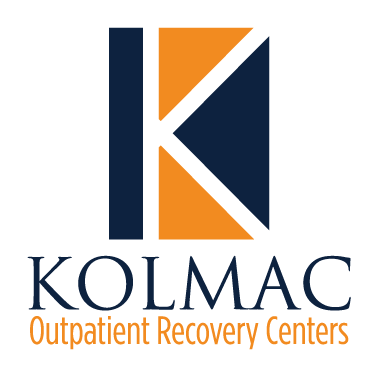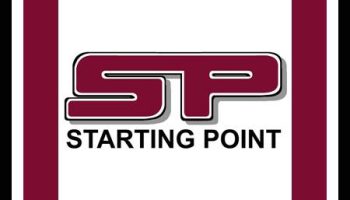About Kolmac Integrated Behavioral Health
The heart of our drug and alcohol treatment program is the participation of patients in the rehabilitation and continued care phases of our program. Detoxification is required for approximately 14% of our patients with alcohol disorders and 85% of those with opioid disorders (including hydrocodone and oxycodone). Kolmac has pioneered in outpatient detoxification from alcohol and other drugs, allowing patients with even severe physical addiction to avoid hospitalization. Since 2003, the availability of buprenorphine (Suboxone) has dramatically reduced the discomfort of detoxification from prescription pain pills and heroin.
Although we do not have any magic bullets, new medications have helped reduce the frequency of relapses and improved the odds for recovery for those seeking outpatient detox and addiction treatment. We have become one of the leading addiction treatment facilities in the Baltimore and Washington, DC metro areas – including Northern Virginia – by advancing the use of buprenorphine as a stabilizing agent for patients addicted to opioids. Our medical staff continuously monitors the safety and effectiveness of new medications. We think of these medications, however, as supportive and not as a substitute for therapy.
The Kolmac program was established in 1973 to replicate in an outpatient setting the successful results of inpatient detoxification and rehabilitation programs. The Kolmac model has now been copied throughout the country by many outpatient addiction treatment centers. Studies in academic centers have documented its equivalent effectiveness and significantly lower cost (Psychiatry Online) compared to inpatient drug and alcohol addiction treatment programs. We have now treated over 26,000 patients in our program and have presented our treatment model in many national professional forums.
Group therapy and transition to community recovery programs are the foundation of the Kolmac Outpatient Recovery Centers treatment program for addictions to all substances. Medications, when available, can facilitate this process when used properly.
Operation Hours
- Monday 8AM - 8PM
- Tuesday 8AM - 8PM
- Wednesday 8AM - 8PM
- Thursday 8AM - 8PM
- Friday 8AM - 8PM
- Saturday Closed
- Sunday Closed
Levels of Care
-
Outpatient
In outpatient therapy, you’ll attend therapy sessions several times each week while living at home. This is ideal if you have a strong support system and a lower risk of relapse. Outpatient treatment offers flexibility to maintain work, school or family obligations.
-
Dual Diagnosis
Dual diagnosis programs address substance use disorders and co-occurring mental health conditions simultaneously. This integrated approach to care improves the likelihood of long term recovery and stability by addressing the root causes of addiction.
-
Aftercare
Aftercare programs provide ongoing support after you complete a rehab program. They may include several components to help you maintain sobriety including therapy, community support groups and relapse prevention strategies. This gives you a network of resources as you reintegrate into your daily life.
Detox Service Setting
-
Outpatient Detox
Outpatient detox gives you access to medically supervised withdrawal services while still allowing you to live at home. You’ll attend a clinic for treatment and monitoring. This flexible option is suitable for those with mild to moderate withdrawal symptoms who have strong support systems.
-
MAT
Medication assisted treatment combines medication and counseling to manage withdrawal and reduce cravings for opioid and alcohol addiction. Medications may include methadone, buprenorphine or naltrexone. MAT is tailored to your needs so you can actively participate in your treatment journey.
Programs
-
Adult (18+)
Adult programs address the substance use and life challenges specific to adults. Therapists can deliver sessions in individual, group and family settings. Services often include job support and life skills training in a structured environment.
-
Young Adult (18 - 25)
Young adult programs are designed for individuals who are transitioning into adulthood. Topics of discussion typically include identity, independence and peer relationships. Providers may also offer life skills training and career support.
-
Women
Women's programs offer a safe and supportive space to focus on gender specific issues such as trauma, family roles and mental health conditions. Therapists tailor the sessions to address women's needs and foster empowerment in a healing and nurturing environment.
-
Men
Men's programs address substance use while also considering the social pressures, family roles and mental health concerns that are specific to men. You’ll learn healthy coping mechanisms as you build emotional resilience and develop communication skills.
Payment Options
- Self Pay
- Private Insurance
Accreditations
-
 CARF
CARF
-
State License
Amenities
- Private Setting
- Residential Setting
Contact
6525 North Charles Street
The Gibson Building, Suite 085
Towson, MD 21204





